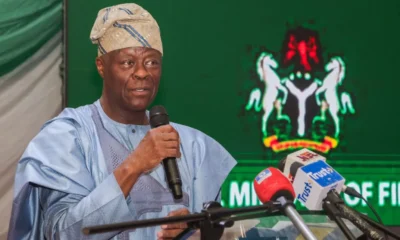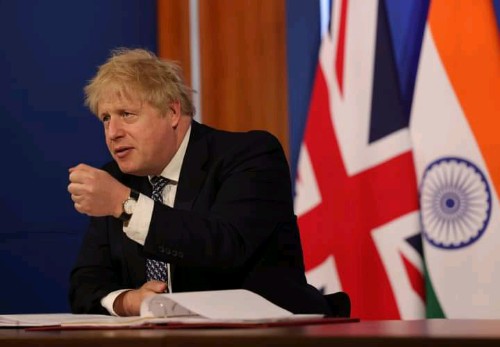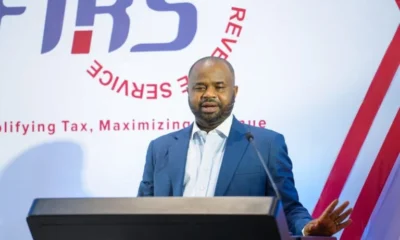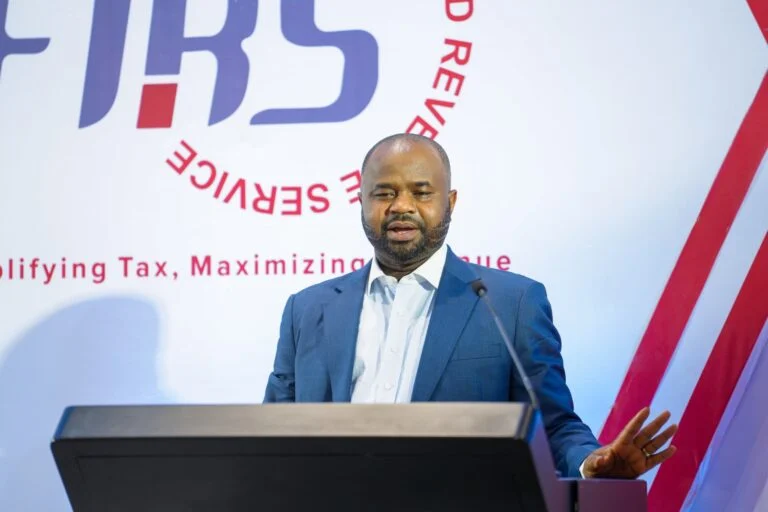When Zacch Adedeji assumed office as Executive Chairman of the Federal Inland Revenue Service (FIRS) in September 2023, he was stepping into one of the toughest economic assignments in Nigeria. The country’s revenue base was narrow, its tax-to-GDP ratio stood among the lowest in Africa, and an entrenched culture of inefficiency had left the tax system weak and underperforming. For many, it was uncertain whether he could deliver. Two years later, the results are telling a different story — one of vision, reform, and measurable progress.
From the outset, Adedeji made it clear that his ambition went beyond hitting yearly revenue targets. His vision was to build a tax system that Nigerians could trust, one that was transparent, fair, and modern enough to support national development. Early in his tenure, he set an audacious target: to raise Nigeria’s tax-to-GDP ratio to 18 percent within three years. Critics called it optimistic. Supporters saw it as the bold move Nigeria had long needed.
The first wave of reforms came through technology. The FIRS under Adedeji expanded its digital platforms, introducing new modules on the TaxPro Max system and streamlining over 80 percent of processes that once relied heavily on manual intervention. For the average taxpayer, this meant quicker access to services, fewer trips to FIRS offices, and a sharp reduction in opportunities for corruption. For the Service itself, it meant more efficiency, fewer leakages, and an improved ability to monitor compliance across the economy. Complementing this was the National Single Window Project, a platform that links tax, customs, and trade regulations, making life easier for businesses involved in imports and exports.
But Adedeji knew that technology alone could not solve Nigeria’s revenue challenges. The second pillar of his reform was expanding the tax net. With a tax-to-GDP ratio of about 10 percent at the time of his appointment, Nigeria lagged behind even its African peers. The informal sector, estimated to account for more than half of Nigeria’s economy, contributed little to national revenue. Adedeji sought to change that by making tax administration more accessible. New channels such as USSD codes allowed even small traders and artisans to obtain tax identification numbers without internet access. Small businesses received incentives and streamlined procedures to ease compliance, while larger corporations and high-net-worth individuals faced closer monitoring to ensure fair contribution.
At the heart of his reforms, however, lay an emphasis on trust and transparency. “We tax prosperity, not poverty,” became a guiding principle under his leadership. To reinforce this, FIRS strengthened taxpayer education campaigns, held town hall meetings, and worked to simplify dispute resolution so that conflicts between taxpayers and the Service could be settled more fairly and speedily. Most significantly, the Service established an Anti-Corruption and Transparency Unit in collaboration with the ICPC, signalling a strong commitment to accountability within the system itself.
The results of these efforts are beginning to show in concrete terms. In 2023, the Service set a target of ₦11.55 trillion but closed the year with ₦12.36 trillion — surpassing expectations. In 2024, it aimed for ₦19.4 trillion and exceeded it again, generating ₦21.6 trillion. The first quarter of that year alone recorded ₦3.94 trillion, a 56 percent increase from the same period in 2023. More importantly, the tax-to-GDP ratio has begun to climb steadily, placing Nigeria closer to the 18 percent goal set for 2026.
Observers note that beyond the numbers, Adedeji has reshaped the culture of FIRS itself. Staff morale has improved, efficiency has risen, and the Service is increasingly seen not merely as a revenue-collecting body but as a partner in economic growth. For many taxpayers, the perception of FIRS has shifted from that of a rigid bureaucracy to a more responsive institution, intent on balancing the needs of government financing with fairness to citizens.
Of course, challenges remain. Expanding tax coverage in the vast informal sector will continue to test the system’s adaptability. Ensuring that compliance costs do not discourage small businesses is another hurdle. And with economic pressures such as inflation and currency volatility, there is always the risk that gains could stall. But for now, Adedeji’s reforms appear to be charting a new course.
Two years in, the “winning formula” is clear: bold use of technology, inclusivity in policy, and a consistent push for transparency and trust. These elements, woven together, are redefining how tax is administered in Africa’s largest economy. In a country long accustomed to dependency on oil, the quiet transformation at FIRS offers hope that Nigeria can finally secure a more sustainable fiscal future.

 BIG STORY5 days ago
BIG STORY5 days ago
 BIG STORY3 days ago
BIG STORY3 days ago
 BIG STORY3 days ago
BIG STORY3 days ago
 BIG STORY5 days ago
BIG STORY5 days ago
 BIG STORY3 days ago
BIG STORY3 days ago
 BIG STORY3 days ago
BIG STORY3 days ago
 BIG STORY5 days ago
BIG STORY5 days ago
 BIG STORY4 days ago
BIG STORY4 days ago





















